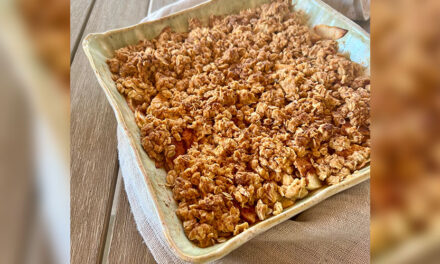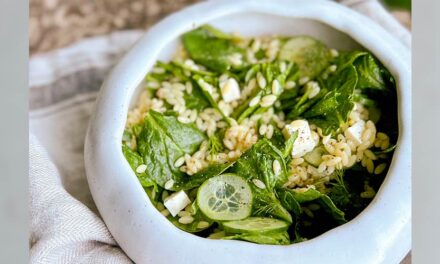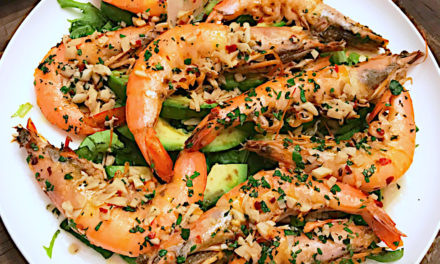Feeding our microbiome is important for our gut health, immune health, and mental health. After all, our microbiome is located in our gut, our second brain, an extensive network of neurons called the enteric nervous system that encompasses everything from our mouth to our anus.
Our microbiome is composed of bacteria, fungi, and viruses. When it is diverse, it can feed the good bacteria that protect us against pathogens, allow for proper digestion and energy production, and produce vitamins and neurotransmitters key in mood and learning.
Our gut flora thrives in diversity. We are what we feed our microbiome.
Some key players in microbiome diversity are:
PREBIOTICS – nondigestible fiber in plant foods that feed the probiotics and good gut bacteria within the gut. We are not able to break down these prebiotic fibers in our gut, so the good bacteria use it as fuel. The good bacteria benefit from using fiber as a source of food, and we benefit from the gut building short-chain fatty acids they produce as metabolites.
Prebiotics also help with the absorption of calcium, blood sugar balance, and constipation by aiding in the movement of food through the digestive system and the elimination of toxins.
PREBIOTIC-RICH FOODS INCLUDE: kiwi, underripe banana, sweet potato, artichoke, dandelion greens, cooked rice, onion, leeks, asparagus, and garlic
PROBIOTICS – living bacteria that are good for the microbiome that are fed by prebiotics. They can help to improve digestion, enhance immunity, promote heart health, and help with depression and anxiety.
Many consume them in supplement form, but there are many ways to get them from our foods.
PROBIOTIC-RICH FOODS INCLUDE: fermented foods like miso, yogurt, sauerkraut, and kimchi
POLYPHENOLS – phytochemicals in plants that are full of anti-inflammatory and antioxidant properties that feed the good bacteria and keep the detrimental bacteria at bay.
Colorful polyphenols protect plants from predators, and they also protect us by increasing the rate of antioxidant uptake and feeding our gut microbiome.
POLYPHENOL-RICH FOODS INCLUDE: apples, apricots, berries of all kinds, red and black grapes, cherries, grapefruit, lemon, pomegranate, plums, peaches, pears, artichokes, asparagus, broccoli, carrots, red lettuce, red and yellow onions, spinach, walnuts, pecans, turmeric, basil, peppermint, sage, thyme, ginger, olive oil, cacao, and green tea.
As you can see, diversity is key as it is linked to the growth of good bacteria, aiding in a more diverse microbiome.
All of these foods are beneficial; however, some foods are tolerated better than others. It is important to be diverse unless you don’t tolerate a particular food. Trust your body and listen to its cues. This is not medical advice. Always consult with a doctor or specialist before implementing any changes.
Audrey Stimpson is a Certified Functional Nutrition Counselor working at Sundara Wellness. You can reach her via email at [email protected] and on social media a t @audreystimpson.







